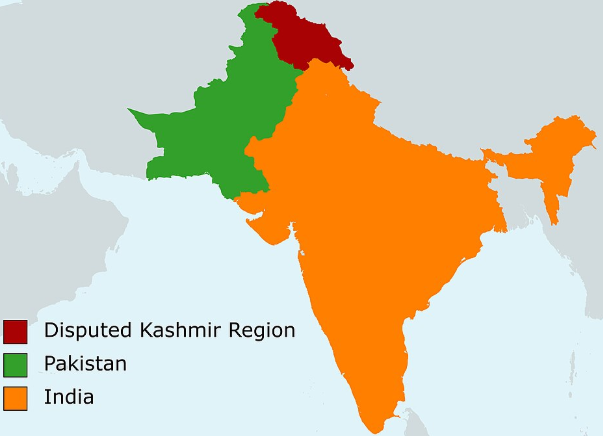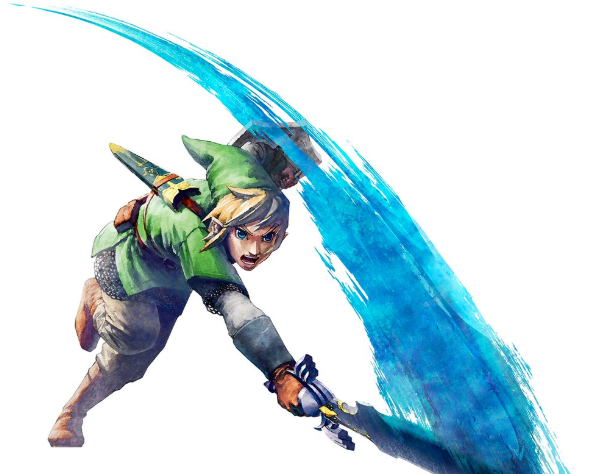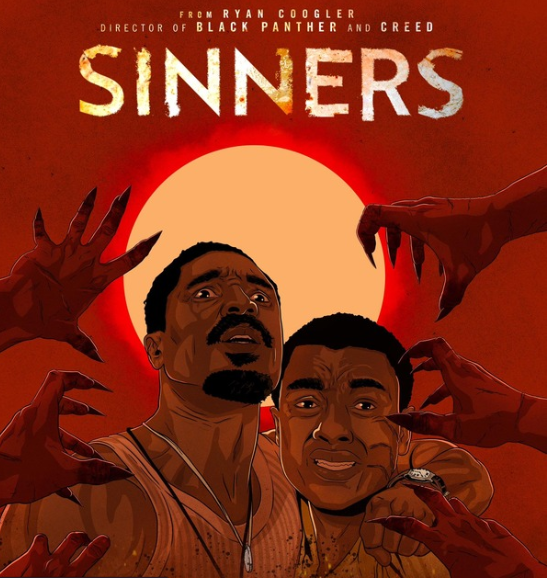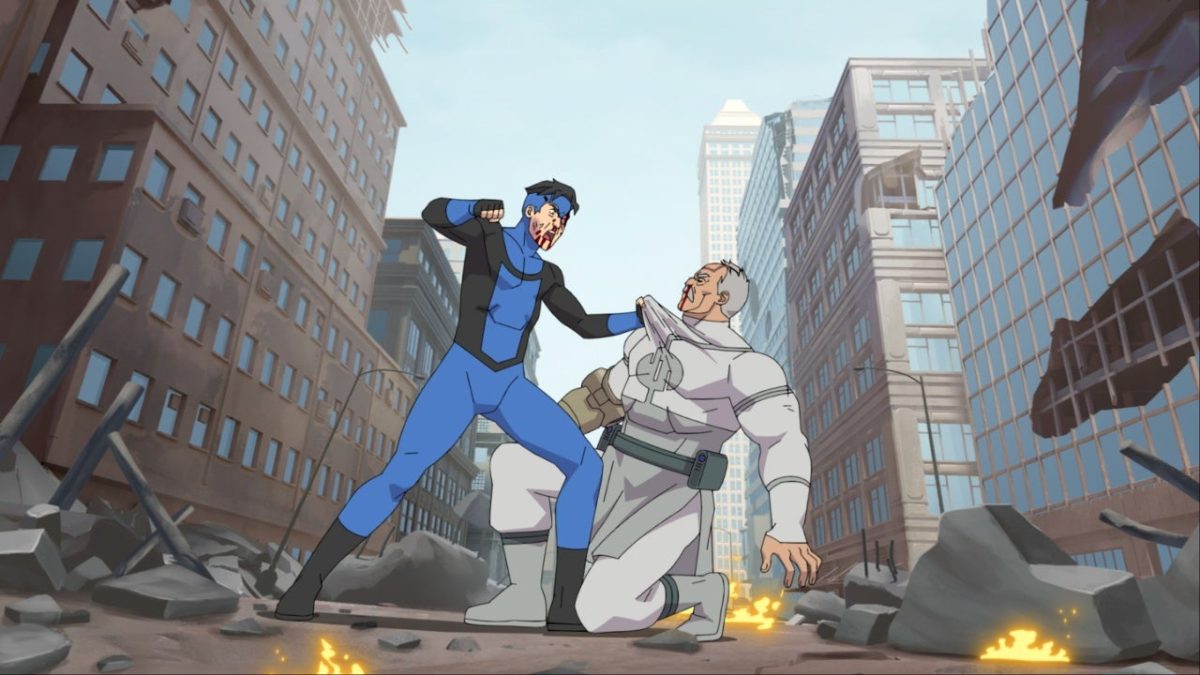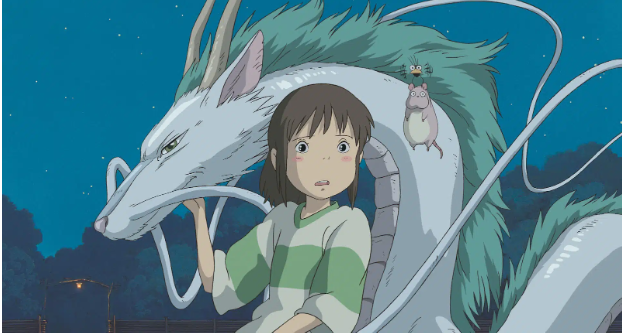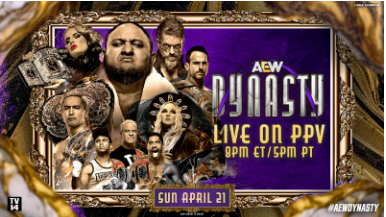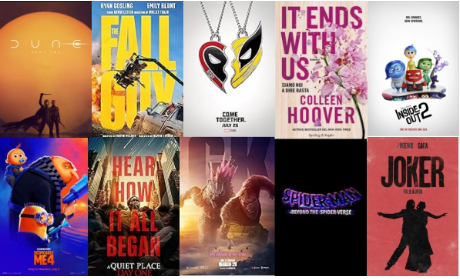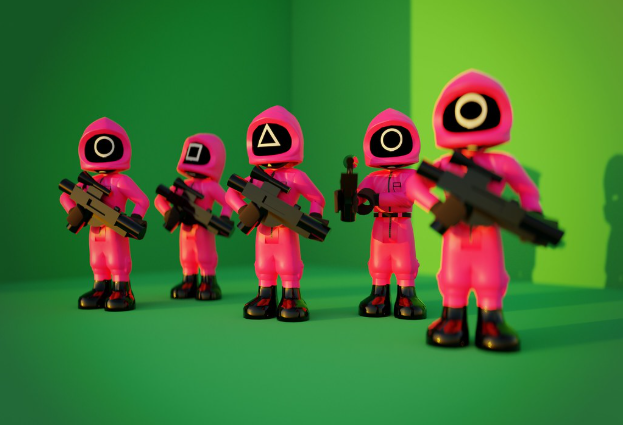Games today don’t feel as enjoyable as they used to be. Many gamers have noticed that modern video games have lacked the personality and immersion that once made them stand out.
AAA game developers create bigger games, but some of their decisions for their games can be risky. Gamers mostly look for games that are fun and immersive experiences. The website Ihsepic.com talks about The Last of Us Part II and why some players disliked this game, which doesn’t focus on zombies but instead only focuses on the cycle of war and human violence. Many gamers have not enjoyed the certain story choices this game had to offer, which led to mixed reactions over this game.
Also, Ihespic.com tells about a successful game with a highly positive review: Red Dead Redemption II “isn’t just a game about cowboys and outlaws; it’s a snapshot into the historical struggle of American culture and identity at the cusp of the 20th century.” The developers of The Last of Us Part II were called “naughty dogs” and the developers of Red Dead Redemption II were called “Rockstar.” They were called this from the founder of the company.
To compare them both, Red Dead Redemption II was developed for eight years. It had a lot of detail; the pace was slow but charming and what the title is called, the protagonist slowly in the story ends up redeeming himself. This game was highly praised for its story due to feeling inspiring and has sold for over 67 million copies. On the other hand, The Last of Us Part II was developed for about 5 years. While the gameplay was praised, it was not enough to make up for the pace of its story, which was not liked by many gamers, and it killed off a beloved character from the first game. These are the main reasons for The Last of Us Part II being hated by many reviewers, critics, and gamers.
Developers should focus on what makes their games enjoyable in the first place, rather than making choices that might turn players away such as bad details, bad voice acting in games, microtransaction to keep gamers buying even more money, and bugs. By sticking to what originally drew people in, they can keep their games fun and keep players interested.






